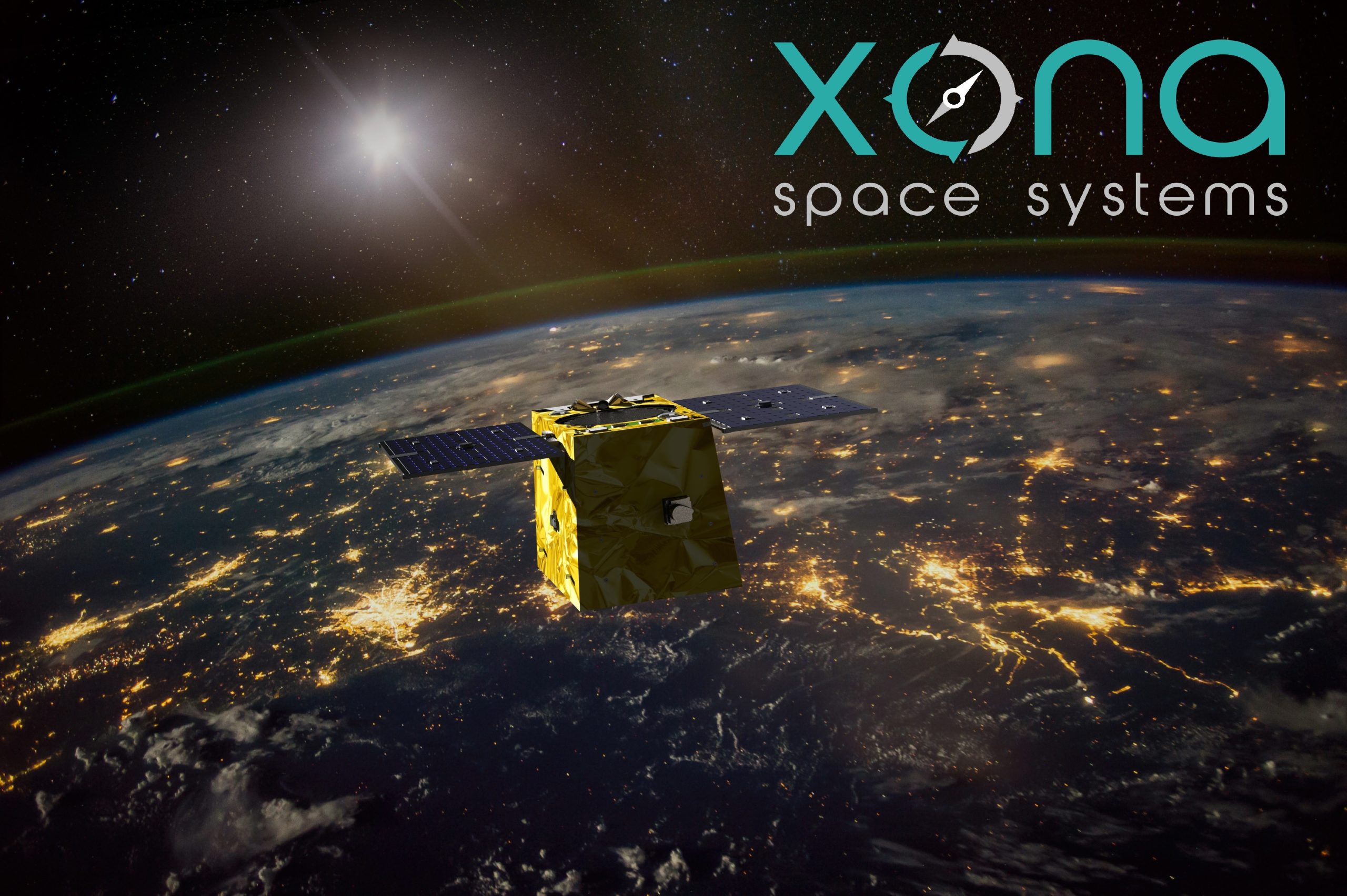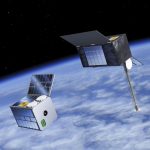Xona Space Systems announced an oversubscribed $19 million Series A funding round to accelerate development of its low Earth orbit (LEO) satellite navigation service.
As the company works toward commercialization, the team will use the funding to begin beta operations of the PULSAR™ satellite service, according to a news release. The funding roundwas led by Future Ventures and Seraphim Space. New investors NGP Capital, Industrious Ventures, Murata Electronics, Space Capital, and Aloniq also joined the round.
The PULSAR service will provide “the robust precision guidance needed for intelligent and autonomous technologies to scale beyond highly structured environments” and provide orders of magnitude improvements in accuracy, availability and security when compared to GPS.
The service will be leveraged in various industries ready to transition to automation including agriculture, automotive and defense.
“After half a century of use, our dependence on GPS is absolute,” Rob Desborough, general partner at Seraphim Spacesaid, according to the release. “Outages could cause incalculable damage to the global economy, while enhancement opens upwhole new industries. Waiting for GPS to fail, or for hostile powers to spoof it, is not an option for our security or commercial industries.”
The team behind PULSAR is made up of top navigation and space experts from SpaceX, Ford, NASA and Blue Origin. Xona’s partners and customers include U.S. government agencies and industry leaders such as the U.S. Space Force and Spirent.
Earlier this year, for example, the startup announced a strategic move to integrate the company’s advanced PNT technology into Aerospacelab’s satellite platforms. The partnership outlines Aerospacelab’s role in using its Versatile Satellite Platform (VSP) for the design, manufacturing and launch of a navigation satellite equipped with Xona’s PNT payload. The collaboration will leverage Aerospacelab’s capabilities in small satellite design, manufacturing and operations with Xona’s knowledge in PNT payloads to provide enhanced navigation solutions.
Last year, Xona announced a partnership with low-power GNSS chipset solutions provider etherWhere to develop a receiver that tracks Xona’s multi-frequency PULSAR signal. A successful test, also in 2023, demonstrated how Hexagon | NovAtel’s OEM7 GNSS receivers can track a Spirent Communications simulated signal that’s identical to the PULSAR signal broadcast by Xona’s LEO satellites.
These are a few examples of the progress Xona, which now has development kits available for sale, has made toward satellite development, user equipment integration and commercialization.
“Xona is a pioneer not only in precision LEO navigation but also the commercialization of satellite navigation itself,” said Brian Manning, Xona CEO and co-founder. “This brings with it many new challenges across all aspects of the company. This round is a testament to our team’s ability to overcome these challenges and has armed us with the resources we need to bring our vision to life.”






